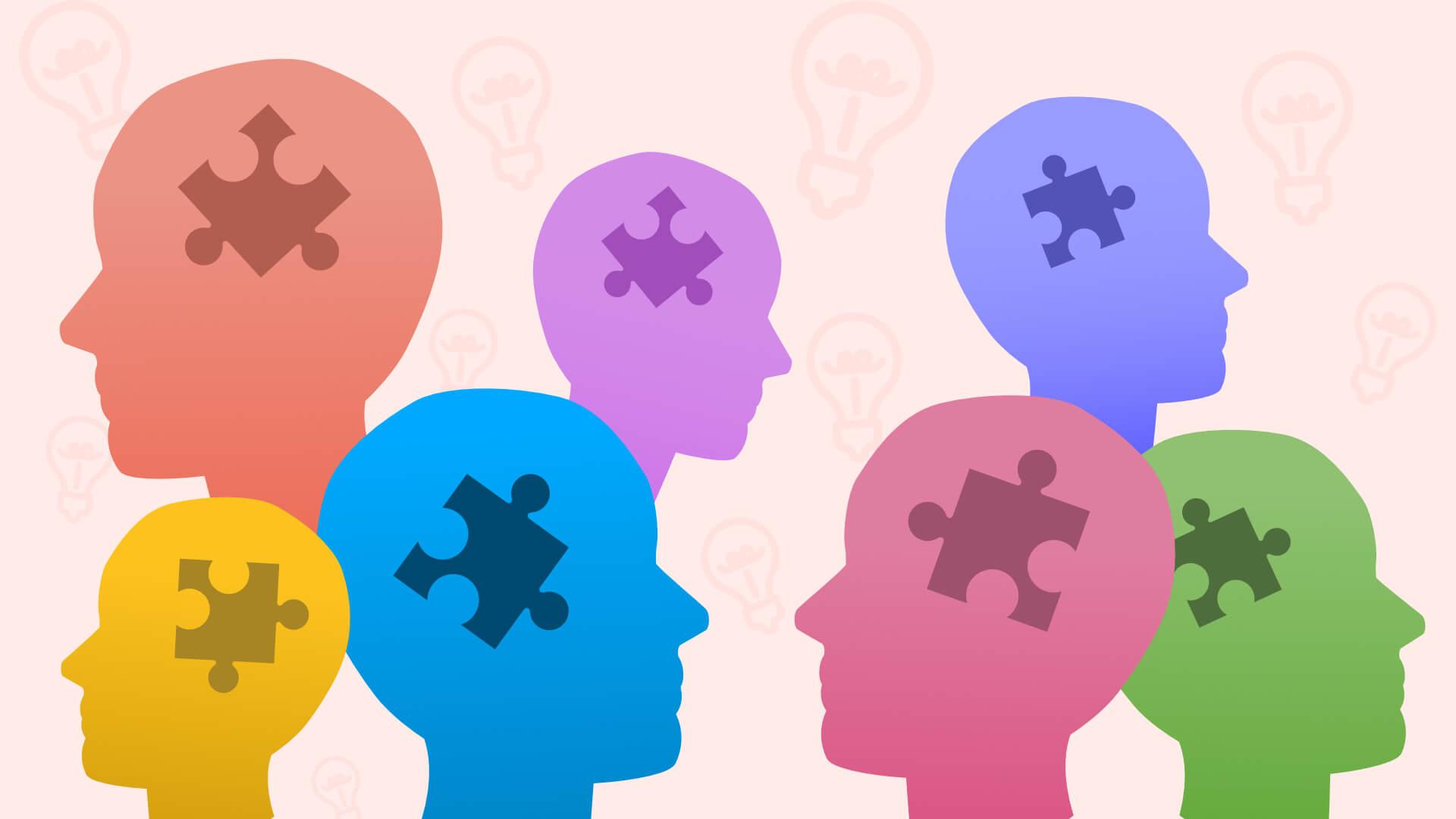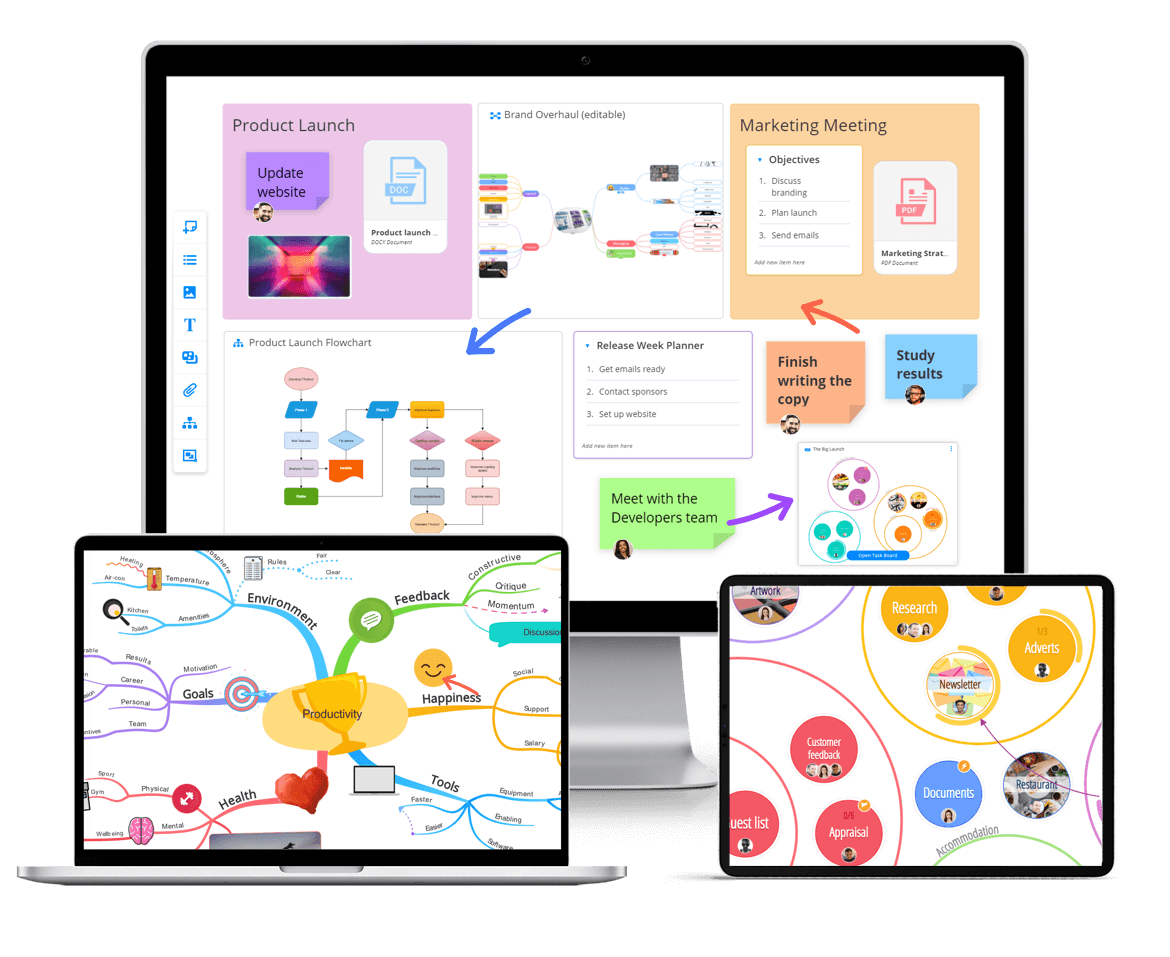August 2, 2021
Unseen but not unspoken: giving a voice to neurodiversity

We are told from a young age how important it is that we be our true selves. Most of us know that our unique traits and talents are something to be celebrated. Expressing individuality is something we do without really thinking about it; from the job you work to the hobbies you enjoy even down to the way you dress – fragments of your personality are on display for all the world to see.
But what if people refused to acknowledge your talents just because they couldn’t see them? What if, instead of appreciating your skills, they wrote them off as a disadvantage, or something too complicated for them to understand? When you take on a particular job role, you expect to be provided with the tools you need to succeed in that job. Yet for neurodivergent individuals, their neurological differences are often treated as something “other”, taboo or even as something to be ashamed of – rather than a special skill that should be accommodated accordingly.
This is why it’s so important we talk about neurodiversity and the prevalence of all kinds of neurological differences within our society. True, neurological differences aren’t visible (after all, the term refers to differences that exist within the brain). But just because we can’t see these differences, that doesn’t mean they shouldn’t be acknowledged or understood. Neurodivergent individuals make up a considerable amount of the population, with one in seven people having some form of neurological difference. Recognition is a key part of integrating cultural acceptance and considering neurodivergent individuals often have a plethora of unique skills and abilities, learning to celebrate them is not only the right thing to do, it’s also beneficial to society at large.
Did you know that over 50% of NASA’s staff are reported to have dyslexia? Or that top global companies such as Microsoft and Goldman Sachs actively seek neurodivergent individuals? Companies like Hewlett Packard and Vodafone even run autism-specific employment programs. There’s no denying that neurological differences enhance workplaces and bring new exciting viewpoints to companies looking to be more innovative. Reading this information you would be forgiven for thinking that neurodiversity is always seen as a competitive advantage, yet – unfortunately – not all companies have caught up to this way of thinking. In fact, recent research shows that just 22% of autistic adults are in employment and many neurodivergent employees still feel that they are overlooked. In worse cases, they may even keep their condition secret for fear of being penalized or seen as less capable in their job.
As more and more companies begin to consider diversity and inclusion, it’s absolutely essential that neurodiversity isn’t left out of the conversation. Diversity of every kind is beneficial to companies and organizations the world over. The better a company represents the general public, the more likely it is to succeed. In fact, diversity has been linked time and time again to higher revenue – and in order for that diversity to be genuine, it must include invisible differences, too.
When you really think about it, it’s no surprise that a neurodiverse workforce is also a better, more creative workforce. If we all thought the same way, we’d never generate new ideas or uncover novel solutions. Those who are neurodivergent naturally see the world differently due to their brain chemistry and make up, but they don’t just benefit companies with their own, individual creativity, they also encourage neurotypical employees to think in innovative ways themselves.
Workforces that celebrate diversity help to create a better world by ensuring no person is left behind because of outdated views or blatant discrimination. Representation is always key to elevated acceptance and understanding in society at large, and when more people work together with neurodivergent colleagues in a positive work culture there will be an increase in acceptance in wider society and culture as well.
When it comes to positive change, there is no time like the present. If more and more companies rise up to offer vocal support to neurodivergent employees, they’ll soon reap the benefits. It is high time we change the conversation around neurodiversity to one which is open, forward-thinking and striving to achieve more. Unseen but not unspoken; with the proper education, tools and effort we can work together to make neurodiversity a key part of every company’s workforce and overall outlook.

Get started with Ayoa
Unlike other assistive tech tools, Ayoa allows neurodivergent employees to work alongside their neurotypical colleagues in one neuroinclusive workspace.
Try it for free








